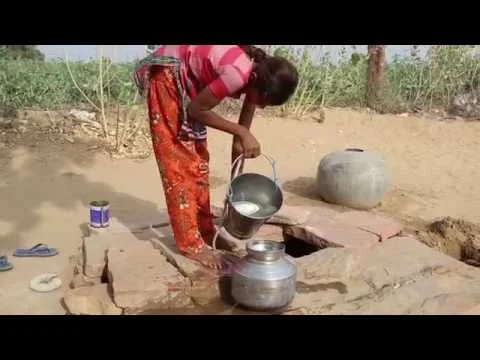Gramin Vikas Vigyan Samiti, or GRAVIS, works with rural communities in Rajasthan, Uttarakhand and UP’s Bundelkhand region in order to empower the poor. Its work is based on the Gandhian principle of holistic and integrated development, and so GRAVIS’ programmes cover everything from health and sanitation to education, agriculture, microfinance, human rights, gender equality and more.
The organisation believes in coming up with local solutions to local problems – solutions that blend traditional community knowledge with modern science while also being financially viable.
So far, GRAVIS has successfully provided food security to more than 2.5 lakh families across 2,000 villages. It has also set up more than 4,000 community institutions that have collectively impacted over 1.8 million people. The organisation has won multiple awards for its work.
The project supported by MFE:
Development and Health for Women and Girls
As its title suggests, this five-year project will focus on improving women’s health in 15 villages in Rajasthan’s Jodhpur and Pali districts. GRAVIS has five clearly-defined objectives for this project. The first is to set up 30 women’s self-help groups and 30 inter-generational learning groups in the villages – 6 groups during each year of the project period. To achieve this, GRAVIS will help women to enhance their management and organisational capacities, and strengthen women’s leadership.
The second objective is to construct 250 innovatively designed water tanks, build 250 low-cost bio-sand water filters, and rejuvenate 6 local rivers in order to ensure safe water availability for 18,000 people and 54,000 cattle. Through educational programmes, GRAVIS also aims to raise awareness among villagers about water conservation and the importance of filtration.
The third objective is to enhance food security by increasing crop yields. To this end, the organisation plans to set up 30 seed banks and raise awareness on climate-resistant farming techniques.
The fourth is improving the health conditions of women and girls. For this, GRAVIS aims to organise 150 educational sessions as well as 150 medical camps in the 15 villages. This is closely connected to the project’s fifth and final objective: to raise community knowledge about the Covid-19 virus and pandemic, and to help build local resilience to withstand future disasters of this scale.


